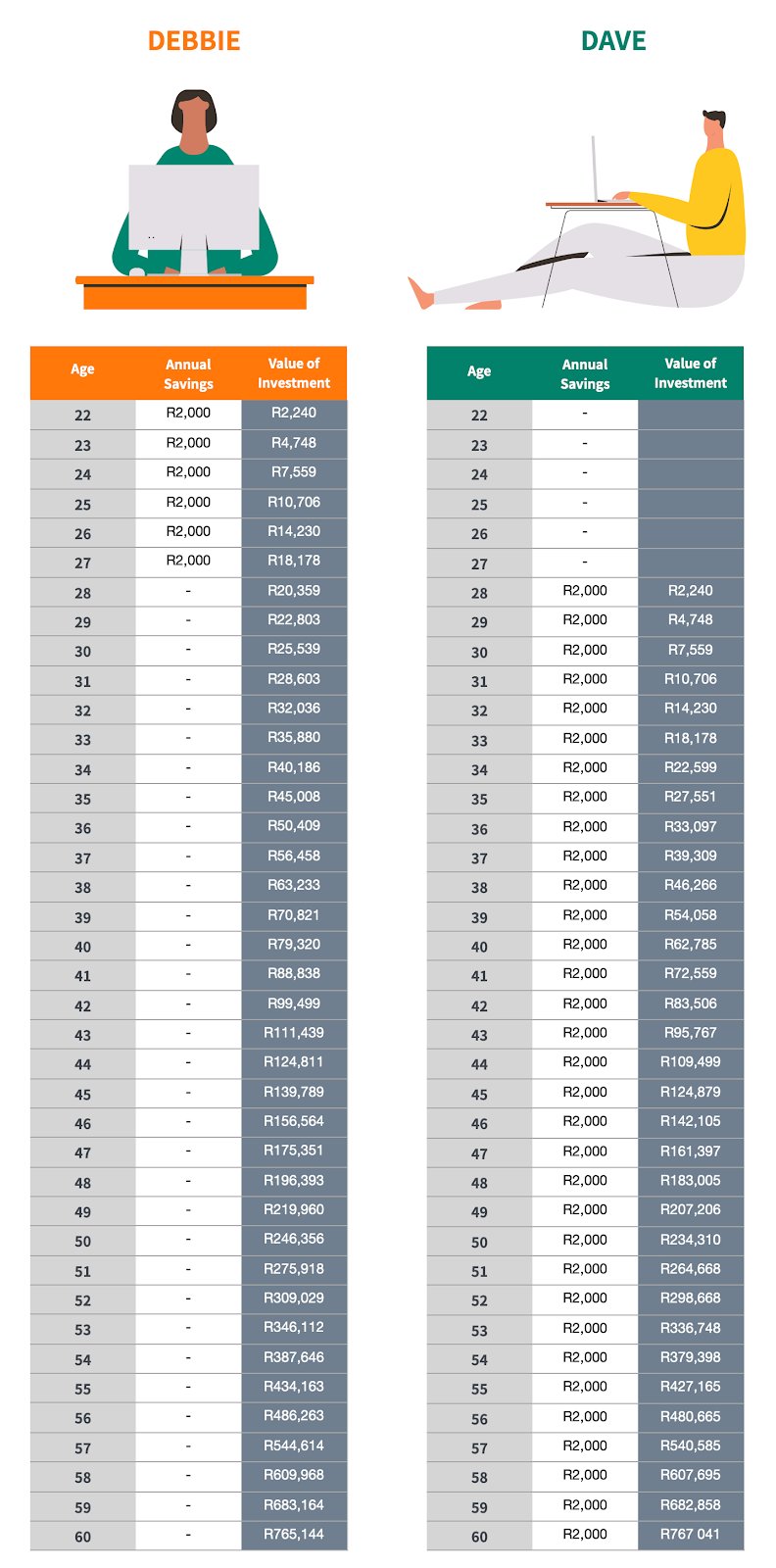Confused about how to make sense of your credit report? Don’t worry, understanding this important document is easier than you think. Whether you’re applying for a loan, renting an apartment, or trying to improve your financial standing, your credit report plays a crucial role. By taking a closer look at the information it provides, you can gain valuable insights into your credit history and make informed decisions. So, let’s dive into the world of credit reports and unravel the mysteries they hold.
How to Make Sense of Your Credit Report
Introduction
Understanding your credit report is essential for managing your finances effectively. It provides a snapshot of your credit history and helps lenders determine your creditworthiness. In this guide, we will walk you through the process of deciphering your credit report, identifying important elements, and taking steps to improve your credit score.
What is a Credit Report?
A credit report is a detailed record of your borrowing and payment activities compiled by credit bureaus. It contains information about your credit accounts, loans, payment history, and public records such as bankruptcies or tax liens. Credit reports also include your personal information like name, address, and social security number.
Why is your Credit Report Important?
Your credit report plays a crucial role in various financial aspects of your life. Lenders use it to assess your creditworthiness when you apply for a loan, credit card, or mortgage. Landlords may review it before renting you an apartment, and employers sometimes consider it during the hiring process. Monitoring and understanding your credit report helps you:
- Identify errors or fraudulent activities
- Tackle financial challenges
- Improve your credit score
- Access better loan terms and interest rates
Obtaining Your Credit Report
To begin making sense of your credit report, you first need to obtain a copy. Here’s how:
1. Choose a Credit Bureau
There are three major credit bureaus in the United States: Experian, Equifax, and TransUnion. Each bureau maintains its own credit report for you. You can request a free copy of your credit report from each bureau once every 12 months through AnnualCreditReport.com.
2. Submit Your Request
Visit AnnualCreditReport.com and follow the instructions to request your reports. You may be required to provide some personal information for verification purposes.
3. Review Your Credit Reports
Once you receive your credit reports, carefully review each one to ensure accuracy and completeness. Look for any errors, discrepancies, or signs of fraudulent activity.
Understanding the Credit Report Format
Credit reports contain several sections that provide a comprehensive overview of your credit history. Understanding these sections will help you make sense of the information presented. Here are the key sections you should be familiar with:
1. Personal Information
This section includes your name, address, social security number, date of birth, and employment history. Ensure that all the information is accurate and up to date. Mistakes in personal information can negatively impact your credit score.
2. Credit Accounts
The credit accounts section lists your open and closed credit accounts, such as credit cards, loans, and mortgages. Each account entry will include details like the creditor’s name, account number, type of account, credit limit, balance, and payment history.
3. Payment History
Your payment history is a crucial factor in your credit score calculation. It shows whether you’ve made payments on time or if you’ve been delinquent. Late payments can have a significant negative impact on your credit score. Ensure that all payments are accurately recorded.
4. Public Records
This section includes any public records related to your finances, such as bankruptcies, tax liens, or court judgments. These entries can negatively affect your creditworthiness and stay on your credit report for several years.
5. Credit Inquiries
Credit inquiries indicate when someone, such as a lender or credit card issuer, has requested access to your credit report. There are two types of inquiries: hard inquiries and soft inquiries. Hard inquiries, initiated by you when applying for credit, can temporarily impact your credit score. Soft inquiries, like background checks or pre-approved credit offers, don’t affect your score.
Identifying Errors and Disputing
Reviewing your credit report for errors or discrepancies is crucial. Mistakes can harm your credit score, so it’s essential to address them as soon as possible. Here’s how you can identify and dispute errors:
1. Check for Accuracy
Thoroughly review your credit report for any inaccuracies, such as incorrect account balances, late payments, or accounts you don’t recognize. Pay attention to personal information, account statuses, and dates.
2. Gather Evidence
If you find errors, gather supporting documents such as payment receipts, bank statements, or correspondence with creditors to prove your case.
3. Contact the Credit Bureau
Reach out to the credit bureau reporting the error. Send a written dispute letter explaining the mistake and provide any evidence you have. Request that the error be investigated and corrected.
4. Follow Up
After filing your dispute, the credit bureau should investigate the error within 30 days. Keep track of your correspondence and follow up if necessary. They will inform you of the results and any changes made to your credit report.
5. Notify Your Creditors
If the error is related to a specific creditor, inform them about the inaccuracy and request that they update their records accordingly. This helps ensure that the mistake doesn’t reappear on future credit reports.
Improving Your Credit Score
Managing your credit responsibly is crucial for building and maintaining a good credit score. Here are some steps you can take to improve your credit score:
1. Pay On Time
Consistently making payments by their due dates is one of the most important factors in determining your credit score. Set up automatic payments or reminders to ensure you never miss a payment.
2. Reduce Debt
Lowering your overall debt-to-credit ratio can positively impact your credit score. Aim to keep your credit utilization below 30% of your available credit limit.
3. Keep Accounts Open
Closing old credit accounts may seem like a good idea, but it can harm your credit score. Keep accounts open, especially if they have a long positive payment history. However, avoid opening unnecessary new accounts.
4. Monitor Your Credit
Regularly monitoring your credit report and score allows you to catch errors early and detect any fraudulent activity. Consider signing up for credit monitoring services or using free online tools.
5. Build Positive Credit History
If you have a limited credit history, establishing new accounts and making timely payments can help build a positive credit track record. Consider options like secured credit cards or becoming an authorized user on someone else’s credit card.
Understanding your credit report is the key to managing your finances effectively. By obtaining and comprehending your credit report, you can identify errors, address discrepancies, and improve your credit score. Regularly monitoring your credit and taking steps to maintain a positive credit history will help you achieve financial stability and access favorable loan terms. Remember to review your credit report periodically and take necessary actions to stay on top of your credit health.
How To Finesse The Credit Bureaus Into An 800 Credit Score!!!
Frequently Asked Questions
Frequently Asked Questions (FAQs)
How can I make sense of my credit report?
Understanding your credit report is important for managing your financial health. Here are some common questions about making sense of your credit report:
What is a credit report?
A credit report is a detailed record of your credit history. It includes information about your credit accounts, payment history, public records, and inquiries made by lenders. This report helps lenders assess your creditworthiness.
How can I obtain a copy of my credit report?
You can request a free copy of your credit report once a year from each of the three major credit bureaus: Equifax, Experian, and TransUnion. Visit annualcreditreport.com to access your reports online or request them by mail.
What information is included in a credit report?
A credit report typically includes personal information, such as your name, address, and social security number. It also lists your credit accounts, payment history, outstanding debts, public records (such as bankruptcies or liens), and recent credit inquiries.
How do I interpret the information on my credit report?
When reviewing your credit report, pay attention to factors like your credit score, payment history, and outstanding debts. Ensure that the information is accurate and up-to-date. Look for any errors or signs of fraudulent activity.
What affects my credit score?
Your credit score is influenced by various factors, including payment history, credit utilization, length of credit history, types of credit used, and recent applications for credit. Late payments, high credit card balances, and a short credit history can lower your score.
How long does negative information stay on my credit report?
Most negative information, such as late payments or collection accounts, remains on your credit report for seven years. Bankruptcies can appear for up to ten years. Positive information, like on-time payments, can stay on your report indefinitely.
What should I do if I find errors on my credit report?
If you spot any errors on your credit report, you should dispute them immediately. Contact the credit bureau and provide them with evidence supporting your claim. They are required to investigate and correct any inaccuracies.
How can I improve my credit score?
To improve your credit score, focus on making timely payments, reducing your credit card balances, and avoiding new credit applications unless necessary. Regularly monitor your credit report for any changes or discrepancies.
Final Thoughts
Understanding your credit report can be overwhelming, but it’s an essential step in managing your financial health. Start by reviewing the different sections of the report, such as personal information, credit accounts, and payment history. Look for any errors or discrepancies that could negatively impact your credit score. Pay attention to your credit utilization ratio, which is the amount of available credit you’re using. To make sense of your credit report, consider seeking assistance from a credit counselor who can provide valuable guidance. By taking these steps, you can gain a clear understanding of your credit report and make informed decisions to improve your financial well-being.



